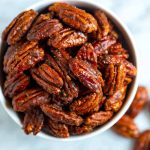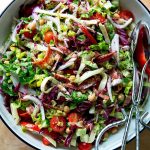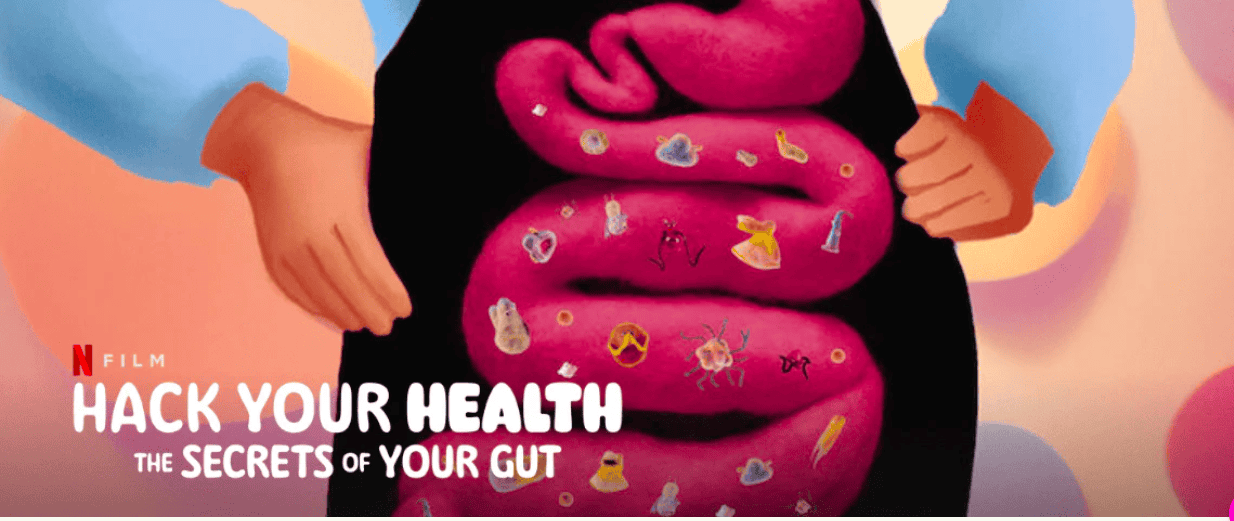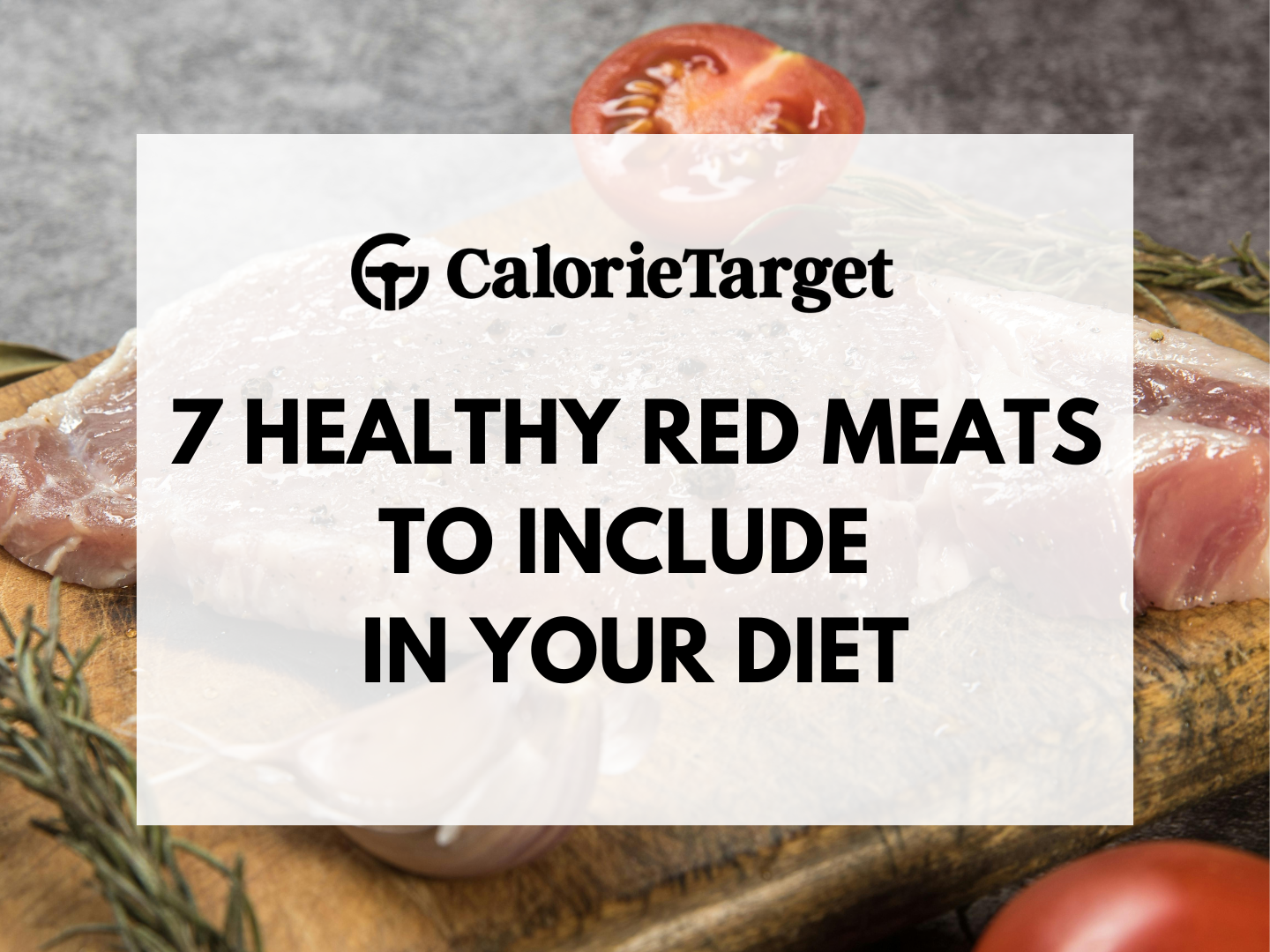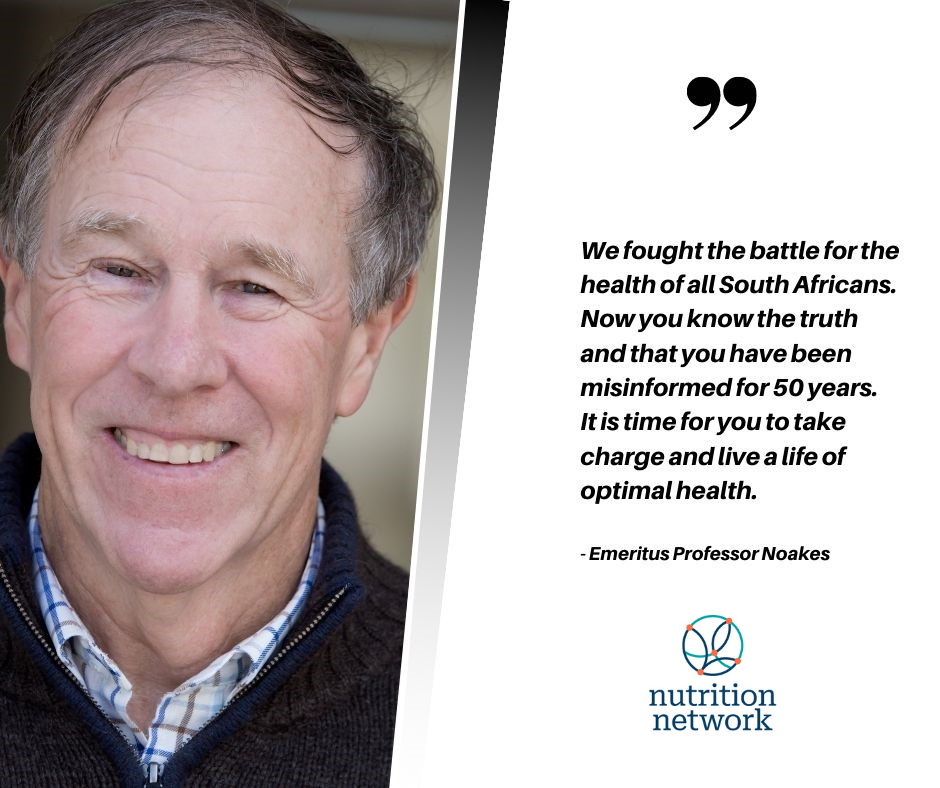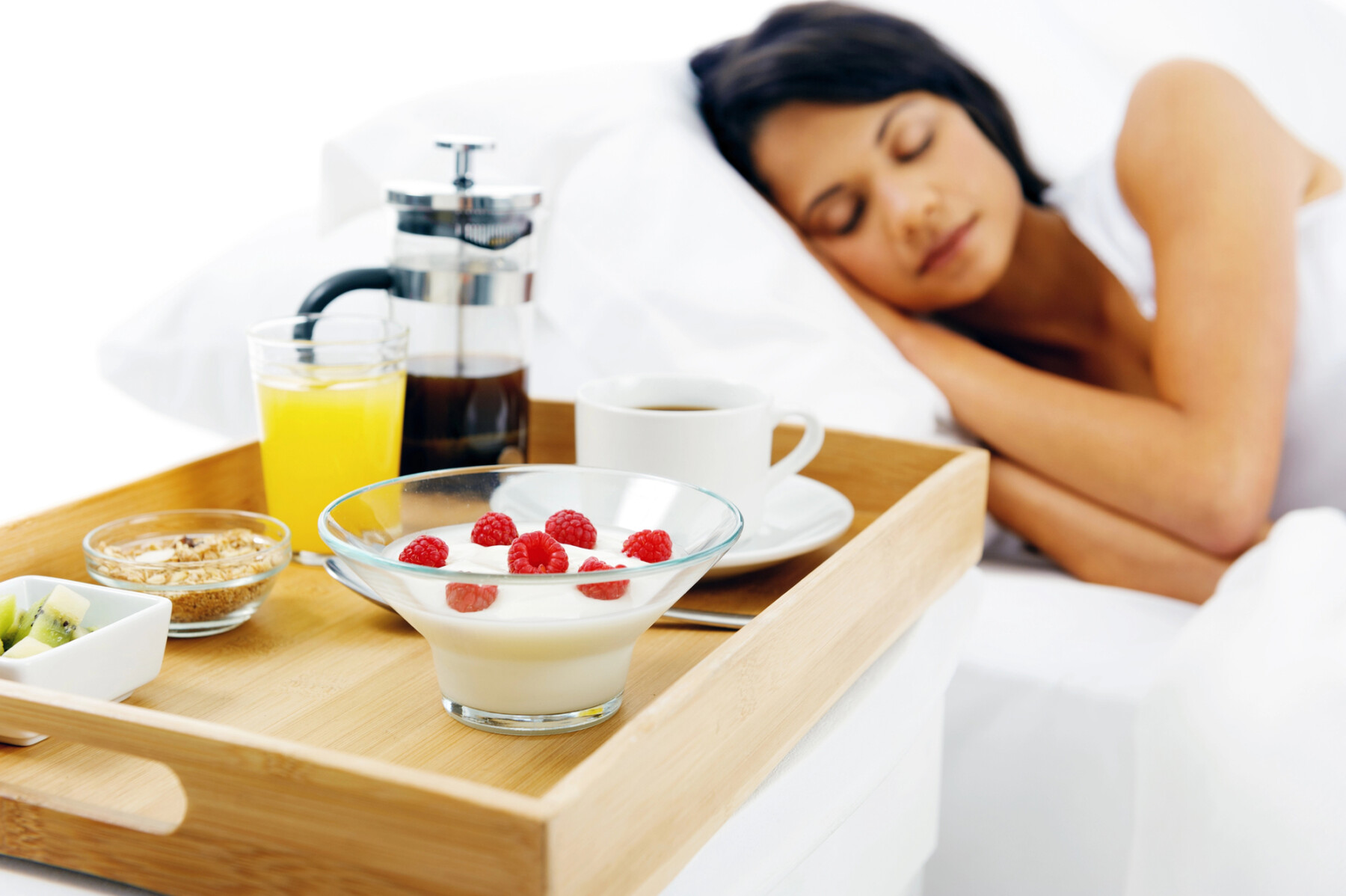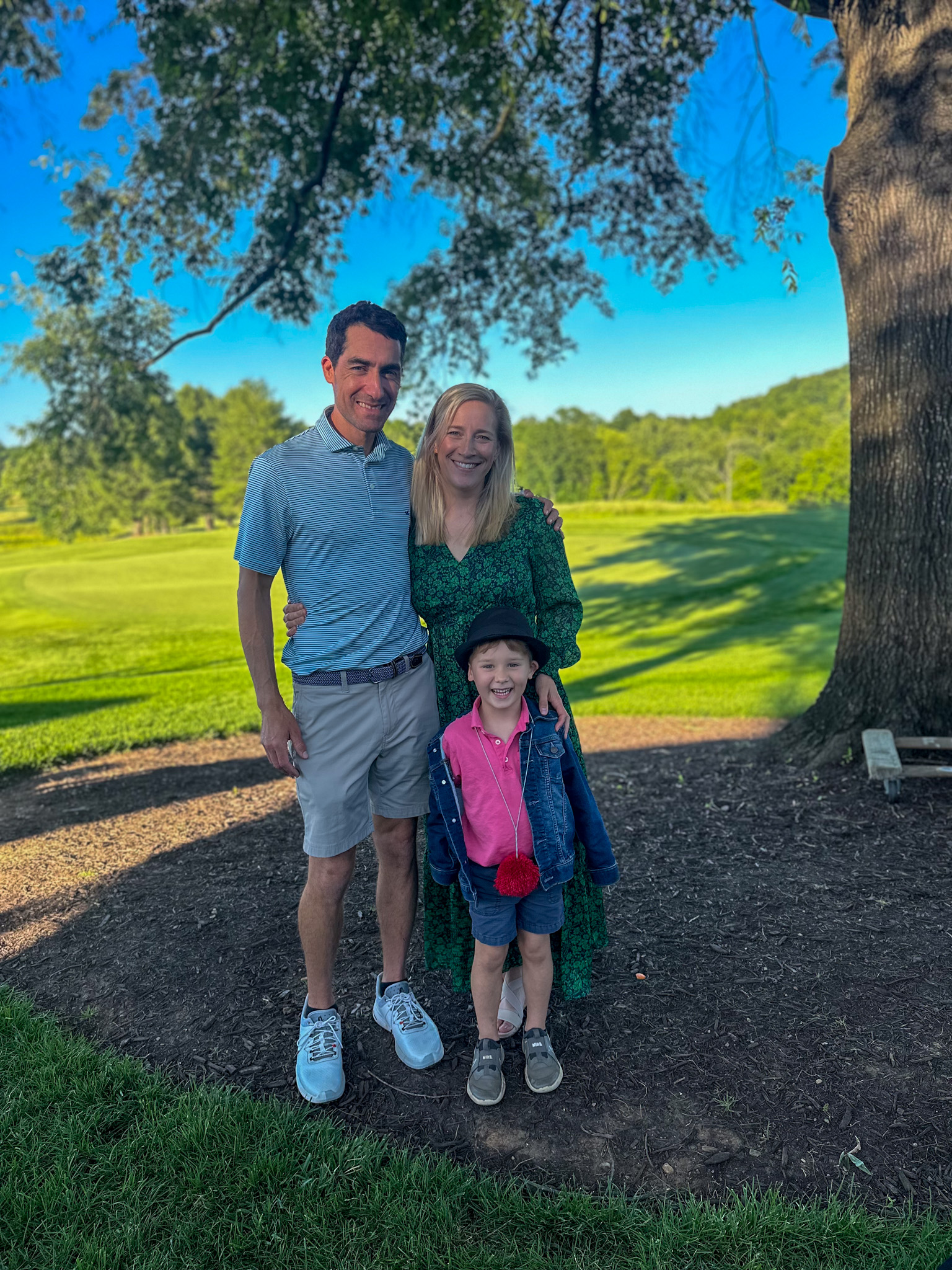When Hack Your Health: The Secrets of the Gut came out, I knew I had to review it. As much as I can’t stand Netflix nutrition documentaries, I know everyone wants to read a synopsis and my thoughts about these often-sensationalized movies.
Unlike some of the Netflix documentaries, I found this one was comparatively well done and I agree with the take-away messages they shared.
But it is not without some criticism. Let’s dive in.
Gut health has been a popular area of research for the last few years, and we’re just starting to scratch the surface of what the health of our gut means to our overall health. Chronic health conditions such as type II diabetes, obesity, irritable bowel syndrome, arthritis, sleep disorders, depression and anxiety have all been associated with poor gut health, but we aren’t sure of the exact mechanisms by which they’re linked.
As Tim Spector, a genetic epidemiologist from King’s College in London says in the film, “This is new science, the tip of the iceberg. There’s another 97% more to discover.”
This is true: we have limited human research, especially on humans. Keep that in mind.
The Netflix Hack Your Health Stars:
Maya is a pastry chef with orthorexia who has a limited diet. She’s even afraid to eat her own food. She eats mostly vegetables and then supplements her diet with “potions and powders,” and finds the wellness industry very confusing. I think a lot of people can relate to that.
Daniell is a doctoral student with chronic gut pain. She began to suffer after eating unhealthily during her undergraduate years. She has taken many rounds of antibiotics to help her symptoms, but with no effect. She now associates eating with anxiety, pain, and discomfort and can only eat 10-15 foods.
Kimmie is a single mom struggling to lose weight. She wonders if her gut health is why she has not been as successful as other people in losing weight.
Kobi is a retired competitive eater who has eaten over 10,000 hotdogs. He can no longer feel any hunger or fullness cues, and can go days without eating. He’s worried that his career has damaged his gut beyond repair.
These people all did at-home gut-testing in which their poop was analyzed to see what type of bacteria it contained. They used a gut health test called Floré that’s available online for $299USD. As per the website, the makers of this product state:
“Our gut health test can detect over 23,000 microbes in your gut, including bacteria, fungus, yeast, parasites, and viruses. With the use of whole genome sequencing technology, we can detect these down to the strain level and the relative abundance of each microbe. Use your report to determine which foods and supplements are best for you or upgrade to our Precision Probiotics for your custom gut health solution.”
Right. There’s the sales pitch, complete with an upsell. Red flag.
Tim Spector is one of the experts reviewing the results with the people in the film and appears to be rather supportive of these tests (probably because he sells them too – see my review of Zoe here). His belief is that these tests can help us identify specific foods we should and shouldn’t eat based on our gut microbiome.
Dr. Guilia Enders, author of the book Gut: The Inside Story of Our Body’s Most Underrated Organ, says that these tests are no more than a fun experiment. She finds them unnecessary, and says that you can don’t need tests to treat your gut better. Improving our diet (we’ll talk about that in a minute) is what most people actually need, not microbiome testing.
I 100% agree with her, and this is why: at this point, we don’t know what the optimal gut-microbiome looks like. Knowing that, what are the results of these tests being compared to? These tests also only analyze your gut bacteria at a single point in time, and we know that our gut can change quickly based on what we eat, stress, antibiotics, and the environment.
A microbiome test that, for example, tells me not to eat apples, sausages, and cake, is basically pulling this out of thin air. Do we know that the Standard American Diet appears to have a negative impact on our gut microbiome? Yes. Does this mean I should never eat sausages or cake? Of course not.
And upselling supplements for a ‘custom gut health solution’? Do they have a billion different probiotics to suit the microbiome of every single person who takes the test?
That’s 100% marketing spin. Don’t buy into it. Most people don’t even need probiotics (I wrote about that here).
I wish we as a society could focus on the BASICS – that is, improving the quality of our diets as a whole, getting rid of recommendations that drill diets down to single foods, and just eating enough plants, which only around 1 out of 10 of us actually do. That’s what can actually help our microbiome.
Why do we need to hack everything and test ourselves for information that’s basically useless?
I asked Leigh Merotto RD, a gut health dietitian in Toronto, for her thoughts on these tests. She had this to say:
“Experts agree that a healthy gut microbiome should have a diversity of microbes and species, but what those numbers look like, is not yet defined. The fact that these tests claim to diagnose “healthy” amounts of bacteria, is purely based on their own parameters which is, in my opinion, unethical. Further, viewing the company’s website, they sell supplements to address different “problems” their test can diagnose, so it’s always a red flag for me to be cautious when a company seeks to tell you that you have a problem, and sell you a solution to fix it.”
Back to Kimmi. When the experts looked at her test results, they found that she had a less diverse microbiome, and no Prevotella bacteria. This appears to be a similar finding in others who have a hard time losing weight.
The experts encouraged Kimmi to focus on sustainable diet changes and to increase fruits and vegetables to help her improve her gut health. This highlights that we can’t actually do much with the results of these stool tests. Merotto adds, “while it was clear in the documentary that these tests can show certain levels of beneficial bacteria being “low”, they didn’t have any clinical recommendations to address these levels, other than to eat a more plant-diverse diet. We don’t need them to shell out 100’s of dollars on a stool test to tell them that they need to do that.”
Exactly.
We also don’t know at this point how much of an impact a specific type of bacteria can have on the ability to lose weight. Obesity is a multifactorial chronic illness and while gut health may play a role, there are so many other factors to consider.
Hack Your Health: Research.
The film draws on research by Dr. Jeffrey Gordon, a researcher from the Washington University School of Medicine in St. Louis. In a 2008 study, he transplanted gut bacteria from identical twins where one was obese and the other was lean, into mice. The mice that received the bacteria from the obese twin gained more weight on the same food compared to the mice that received bacteria from the lean twin.
While this is definitely an interesting result, it doesn’t tell us much about free-living humans in the real world.
They also drew on similar research on mental health which found that when mice were given bacteria from a person with depression, the mice started to show similar symptoms and there were changes in serotonin levels in the gut and brain. I am not doubting the gut-brain connection and we know that most of our serotonin is produced in the gut, but again, we can’t make any definite conclusions on humans from this research.
Most importantly, what recommendations can we give to humans, based on these studies? Depression and the gut is a fascinating topic, but it’s important not to ignore reverse causation. Does a poor diet give people depression due to changing their gut bacteria, or does their depression lead to a poor diet and changed gut bacteria? It’s hard to say, and it may not be the same answer for everyone.
Kobi’s stool test found that he had pretty good gut bacteria which they thought could be related to his traditional Japanese diet. He also did a brain scan and based on the results, they thought that some of his issues were related to the fact that his brain is used to him being a competitive eater.
Rather than giving him anything radical to do, Dr. Enders suggests he try to listen to his body and honor all his senses when eating. While Kobi’s case is extreme, trying to get more in tune with hunger and satiety signals is something many people can benefit from. I agree with Dr. Enders here, although for people who grew up being told to clean their plate, or who are chronic dieters, trying to reconnect with your body’s cues is a process. It may seem simple, but it’s not easy, and it takes time.
Fecal Transplants
Let’s get into fecal microbial transplants, or FMTs, which is where someone else’s poop is put into an infected patient. This treatment is approved by the FDA for use in only one illness: C. Difficile. This condition is when bacteria inflames the colon and causes terrible diarrhea to the point of being potentially fatal. Research is ongoing to see if FMTs can help in other illnesses, but again, there are still a lot of unknowns.
Even though it has not been approved, we learn that Daniell has been trying FMTs and received feces from both her brother and boyfriend. We see her transferring poop from her fridge into test tubes to be turned into poop capsules. When she got feces from her brother, she had some improvements in her symptoms, but she found that she also got his acne problems. She then switched to her boyfriend’s, and found the acne went away. However, her boyfriend has mental health issues, and once she started to use him as a donor, her depression was exacerbated.
This sounds like a dumpster fire, to be honest. While there is some preliminary research that suggests that depression and anxiety may result from (or be alleviated by) FMT, this anecdote served up to us by the film is just that…an anecdote.
When you get the good bacteria from someone in an FMT, you also get the bad. There are also huge risks to randomly inserting someone else’s poop into your body, so please: don’t try this at home.
When Maya’s gut health test was reviewed, they found that she had a pretty “healthy” microbiome which is likely due to all the vegetables she eats. They reminded her that while eating a kale salad daily is great, it’s not enough and encouraged more diversity with her food. We then see her focusing on adding potato chips back into her diet.
For someone suffering from orthorexia, adding potato chips into their diet is a huge step. It would have been great if they had also given her some specific examples of other plant-based foods to consume that would contribute to bacterial diversity, such as whole grains, fruits, legumes, nuts, and seeds, but perhaps they didn’t want to aggravate the situation. I think there’s a lot more to the story than we’re seeing here.
It isn’t uncommon for people with chronic gut issues and histories of eating disorders to have fear and anxiety around food. This is where working directly with a dietitian can be helpful. A dietitian can help you slowly add foods back to your diet and monitor symptoms.
Netflix Hack Your Health Review: In Short.
Compared to other Netflix nutrition documentaries Hack Your Health was fairly well done. The experts were clear that we have a lot more to learn about the gut-microbiome, which is a good overarching message. So is the recommendation to eat a diet rich in whole, plant-based foods and aim for 20-30 different types of plants each week to help promote a healthy gut-microbiome.
Including fermented foods may also be helpful as well.
Nothing about this movie is a ‘hack.’ Whole foods, more plants, and sustainable changes have been promoted by dietitians for years. Solid advice.

